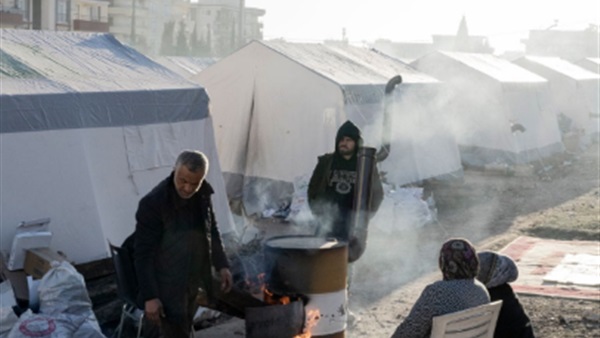Turkey Faces Acute Homelessness Crisis After Devastating Earthquakes

At least two million people in Turkey have been left
homeless after the nation was hit by devastating earthquakes on February 6,
2023. According to experts, this has resulted in one of the worst homelessness
emergencies in the world, with the government scrambling to provide shelter to
hundreds of thousands of displaced people.
Turkey is still dealing with the aftermath of the
earthquakes, which have so far claimed the lives of more than 41,200 people in
Turkey and Syria. President Recep Tayyip Erdogan has announced a range of
measures to address the crisis, including the construction of high-quality and
safe buildings in the entire quake zone within one year.
The government has resorted to a patchwork of temporary
solutions to shelter the displaced, including the erection of tent camps and
container homes on the outskirts of destroyed cities. This has resulted in
criticism from affected people and the political opposition over what they call
the government’s disorganized and insufficient response, especially in the
quakes’ immediate aftermath.
The homelessness crisis has hit Turks across class divides.
Abuzer Izci, a former neighborhood muhtar, lost his two teenage daughters when
his home collapsed in the earthquake. He now lives alone in a tent camp in a
park in the city and does not know what to do. In the chapel of the Mersin
Orthodox Church, thin mattresses were piled underneath a gilded portrait of the
Virgin Mary with Jesus, and a mother nursed her infant nearby. Father Coskun
Teymur, 69, said his church could temporarily serve as a shelter, providing
meals with the help of local restaurants.
The economic damage inflicted by the earthquakes could run
up to at least $84 billion, with the bulk of the sum needed for the
reconstruction of homes, infrastructure and shelter for the hundreds of
thousands left homeless. However, insurance coverage is likely to be low in
most of the affected parts of Turkey. While earthquake insurance cover is
technically mandatory in the country, this is very often not enforced in
practice.
The situation has turned aid delivery into a battle, leading
to tension between the government and grassroots activists, political parties
and opposition-controlled municipalities working to fill a void after an
initial response that they describe as slow and disorganized. The Istanbul
municipality, which is controlled by political opponents of Mr. Erdogan, sent
to the southern city of Iskenderun a repurposed ferry to shelter up to 1,200
displaced people and provide a kitchen, medical facilities and rooms for child
daycare.
The desperate situation highlights the urgent need for
assistance and support to help Turkey's most vulnerable people rebuild their
lives.





